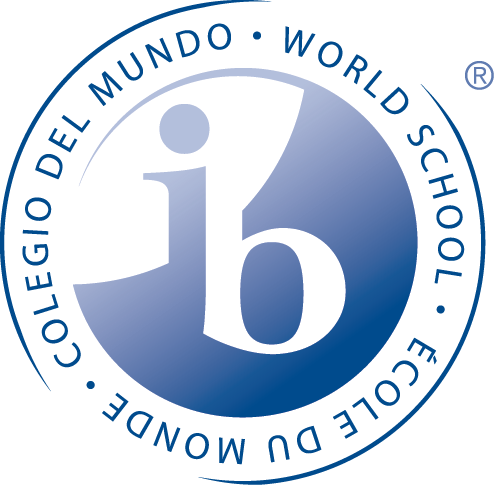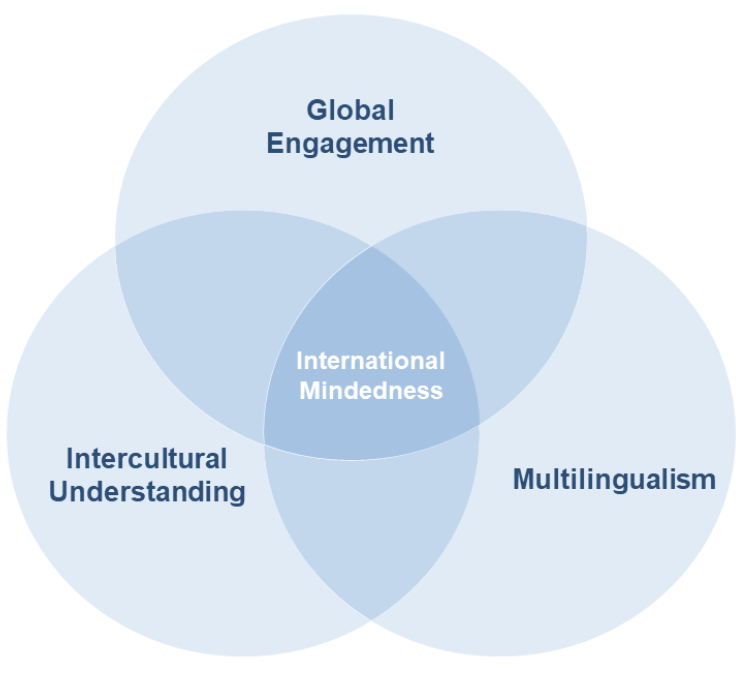At Peninsula East Primary Academy, we are passionate about putting our pupils at the heart of our curriculum and our learning opportunities are both innovative and inclusive. Our curriculum has been carefully designed to enable the depth and breadth of the National Curriculum to be explored through the transdisciplinary themes of the IB PYP framework. Our Programme of Inquiry carefully interleaves the wider range of subjects, ensuring not only a clear sequence of learning, but that the children are able to retain key facts and knowledge into their long term memory. A key aspect is to help children develop their understanding of being a global learner as their international mindedness is developed, and how they can make a positive contribution to their community and the wider society through engagement with the Sustainable Development Goals. The curriculum celebrates the diversity and utilises the skills, knowledge and cultural wealth of the community while supporting the children’s spiritual, moral, social and cultural development, ensuring that children are well prepared for life in modern Britain and as global citizens. The IB Learner Profiles are an integral part in developing the whole child and are embedded within the ethos and values of our schools. Our children learn through relevant and purposeful contexts, building upon prior learning and our curriculum promotes this by being challenging, engaging and motivating to all pupils, fostering a real thirst for knowledge that we want them to take with them as they move into their secondary schools and beyond.
The Primary Years Programme (PYP) is a transdisciplinary curriculum framework that offers authentic learning experiences.
The PYP encourages students to learn to appreciate knowledge, conceptual understandings, skills and personal attributes as a connected whole.




